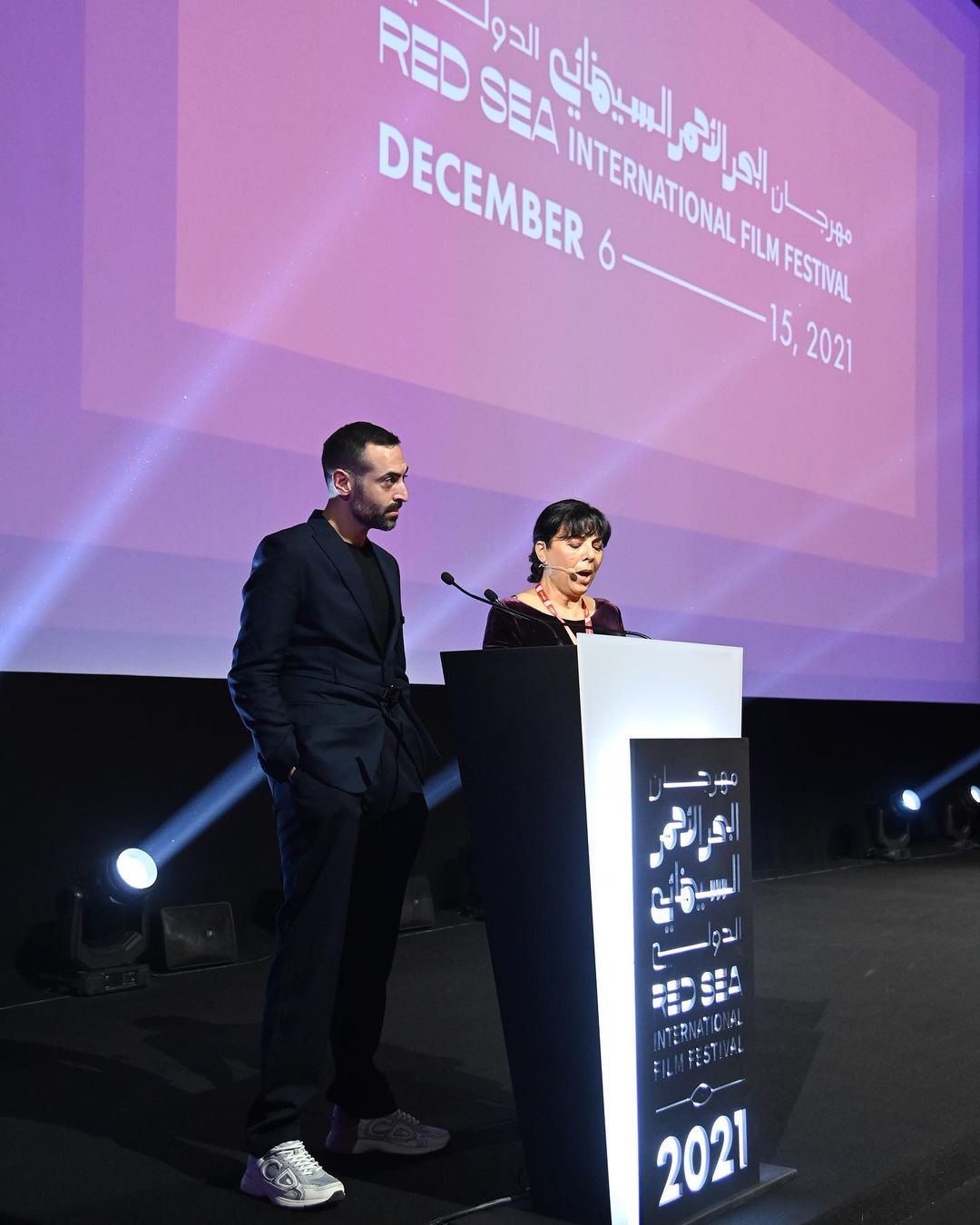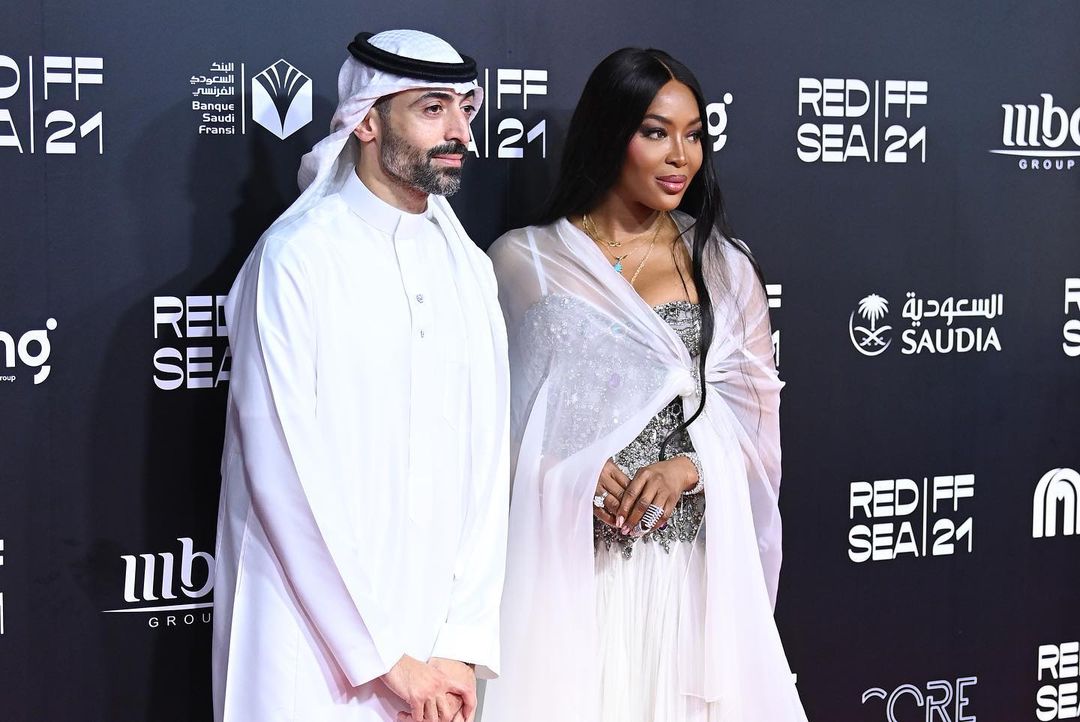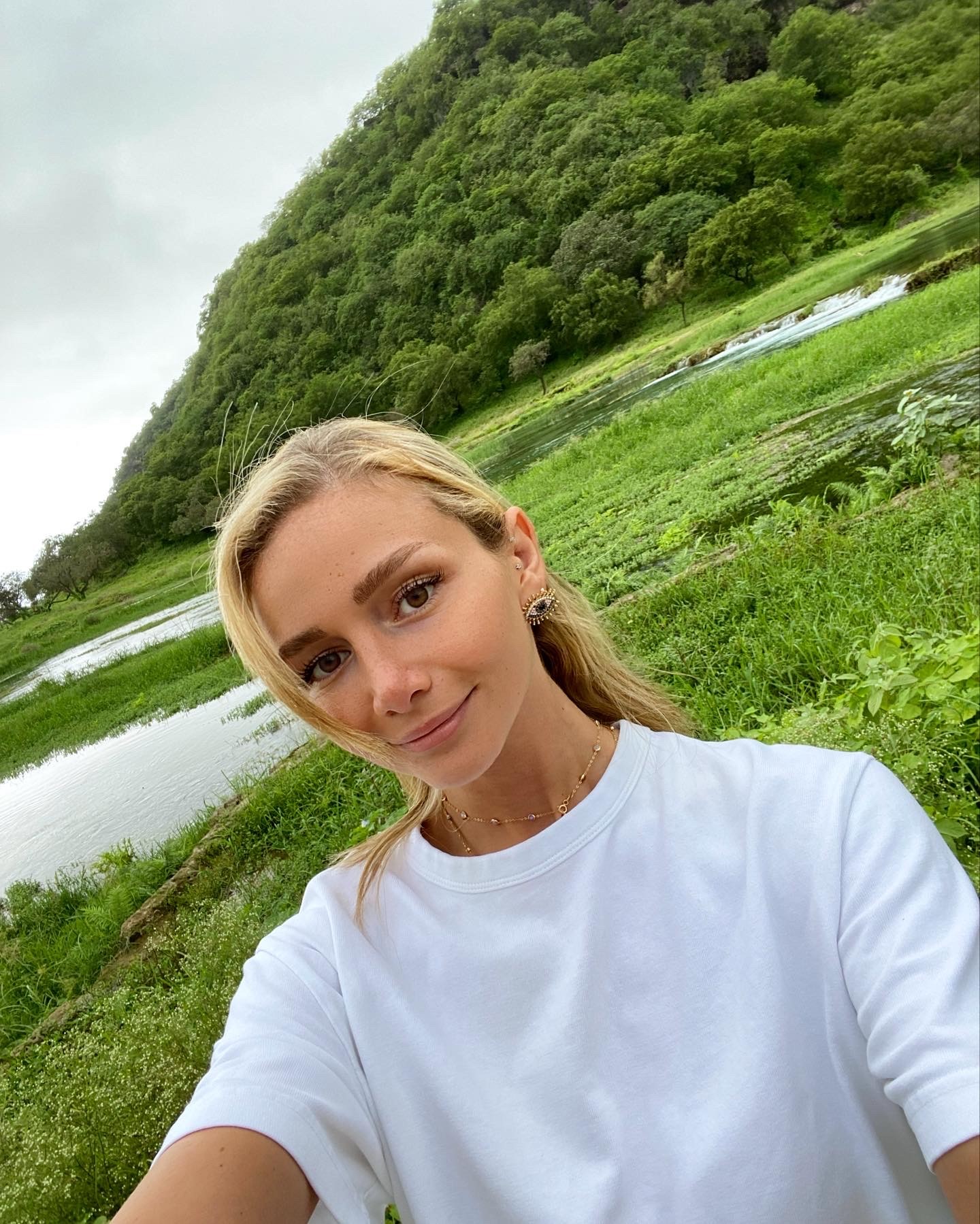
There are few who can call themselves leaders in their respective industries, but it’s no secret that Mohammed Al Turki is a disruptor for his country. The film producer has worked on several notable films and alongside award-winning actors, from Arbitrage with Richard Gere, At Any Price with Zac Efron and What Maisie Knew with Julianne Moore. He has made a name for himself across Hollywood, yet has decided to return to his home country to help thrive and expand its developing film industry. With cinemas only opening doors in 2018, film culture is surely broadening across Saudi Arabia and Mohammed Al Turki seems to be one of the driving forces.
For the first time ever this year, the Red Sea International Film Festival was introduced in Jeddah, where thousands of remarkable actors, film makers, producers and creatives from across the world joined to witness the historical event and celebrate their common interest: the universal language of film. Mohammed Al Turki’s respect and recognition in the country’s film industry was clear the moment it was announced that he was appointed the chairman of the festival committee. We wanted to better understand the importance of the renowned festival’s role in the expansion of the film industry in Saudi Arabia, and so we got in touch with Mohammed Al Turki. Who better to answer all our questions than the man behind it all?
1. You’ve been known to bridge the gap between the Middle East and the West. What is the main drive behind your desire to put Saudi Arabia on the map?
Mohammed Al Turki: “I believe that we–as Arabs and as Saudis–have great talents, and that we must actively participate in the global film industry and not be passive; to have a voice and a presence, telling our stories ourselves, away from the stereotyping and superficiality that we are accustomed to. The beautiful thing is that my country, Saudi Arabia, is moving towards this philosophy, adopting a policy of openness. This made the perfect opportunity for me to contribute to this cinematic movement, and to take part in this vision and direction, especially since I have the expertise, relationships and experience to work with Hollywood and the West. Now I can employ this experience perfectly.”
2. Saudi Arabia has seen tremendous change over the past few years, and we think you’re leading the change in the film industry. Has this always been something you’ve wanted to accomplish?
Mohammed Al Turki: “Without a doubt, because cinema is the mirror of society, and if our society is going through positive transformations, then cinema is the strongest and most capable of bringing about this change and pushing it forward.
Simply put, the festival and Saudi cinema are not only a motive for change, but a response to the society’s desire and its orientation towards a new future. I said earlier that cinema has not left us, and the only difference today is that we are at a pivotal stage, and cinema is a major part of it.”

3. It’s safe to say that the Red Sea International Film Festival–the first of its kind in the country–wouldn’t have come to existence if it weren’t for you. What does it mean to you to be the force behind this?
Mohammed Al Turki: “The idea was there, even before I joined the team, and its success is that of the entire team.
My mission was–and will continue to be–to do everything I can, and to offer my experiences and relationships to support this festival.
Its success belongs to everyone who contributed to it; to everyone who produced and directed Saudi films; and to all the cinema lovers who waited for this moment. Behind this victory is a large team full of energy, experience and eagerness to present something that we are all proud of. I can say today with confidence that we have succeeded in presenting an international film festival– not just a first edition of a festival–and this is what we have sought from the very beginning. I dare also say that the future has a lot to offer, for we have a lot of plans… so keep an eye out.”
4. There are already several film festivals in other parts of the Arab world. What do you think differentiates the Red Sea International Film Festival?
Mohammed Al Turki: “Each Festival has its own peculiarity, history and goals. Our first edition was watched by everyone and all eyes were on it, not just because it was the first international Festival in Saudi Arabia, but because it sought–from the beginning–to support the film industry in the entire region; and it truly became a meeting place for all creators from Saudi Arabia, the Arab world and beyond. We concluded the year with screenings of powerful Arab and international films. We also presented the best films from other festivals, so that the Red Sea International Film Festival could sum up a rich year of cinema. We also worked throughout the year to build relationships and partnerships with Arab and international film festivals and institutions, to contribute to strengthening the efforts made, benefiting from the experience of others and adding to them.”
5. Do you believe this will open doors for younger generations of Saudi creatives that dream of becoming film producers, actors and directors?
Mohammed Al Turki: “Of course, but not only the festival; we are witnessing the making of a real Saudi film industry and infrastructure. We are all here working towards this goal, whether to attract global productions; develop local talents and present them to the global scene; encourage joint productions with Europe and the world; or to finance the production of a project. They are all part of a sustainable integrated industry; all elements of the Saudi film industry.”
The process is simple, we have to–and I don’t only mean the Festival, but with all the industry professionals-discover talent, then develop, train and prepare them to compete globally. Then comes financing the production process; presenting these works on the global stage and to audiences from all over the world, in order to create opportunities for joint cooperation, giving Saudi voices an opportunity to establish their presence.
6. You’ve had an impressive career in the film industry, and yet you are one of the few Arabs that do not allow fame and fortune make them forget about their roots. You’ve proved this by being loud and proud of your country. Why is this?









